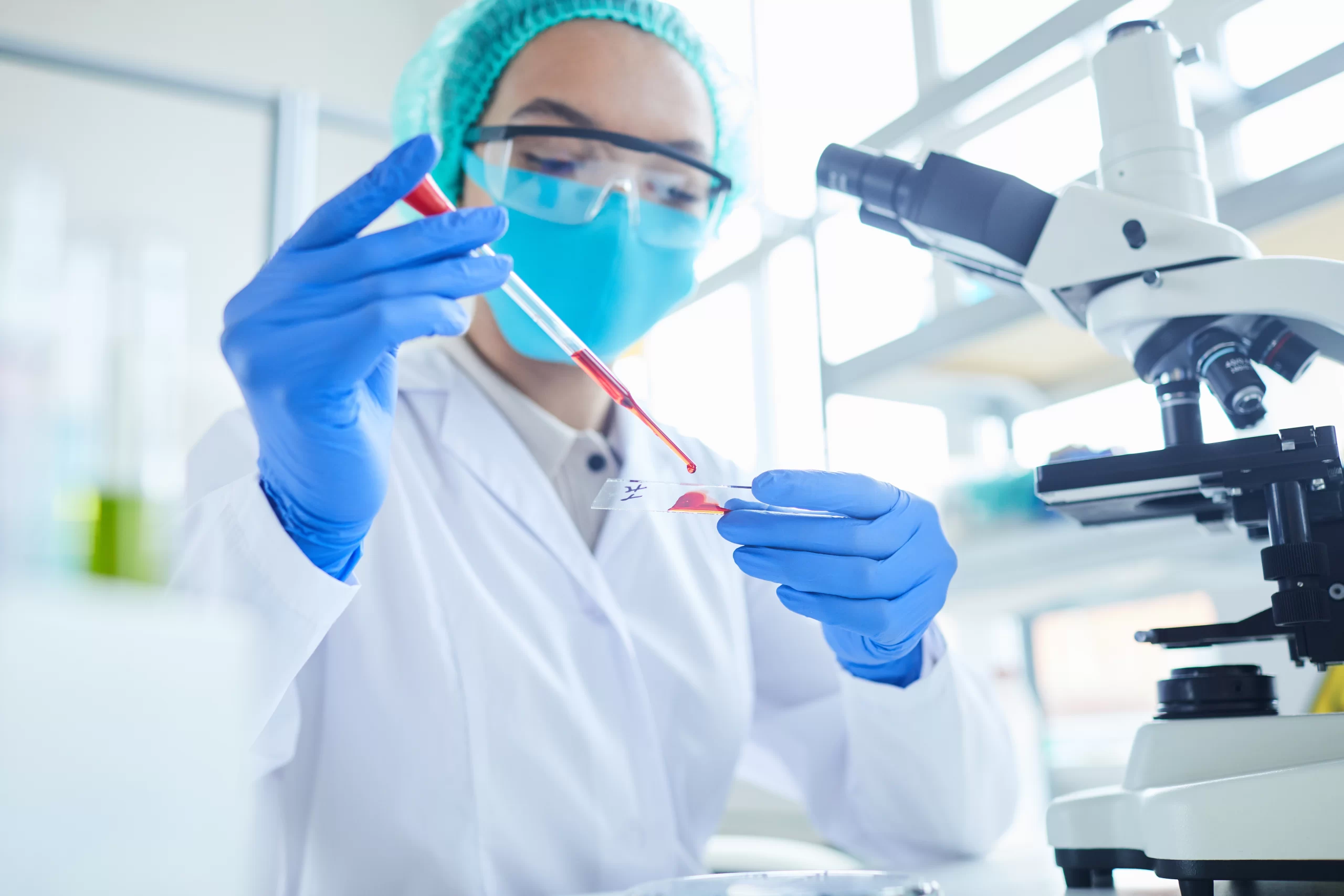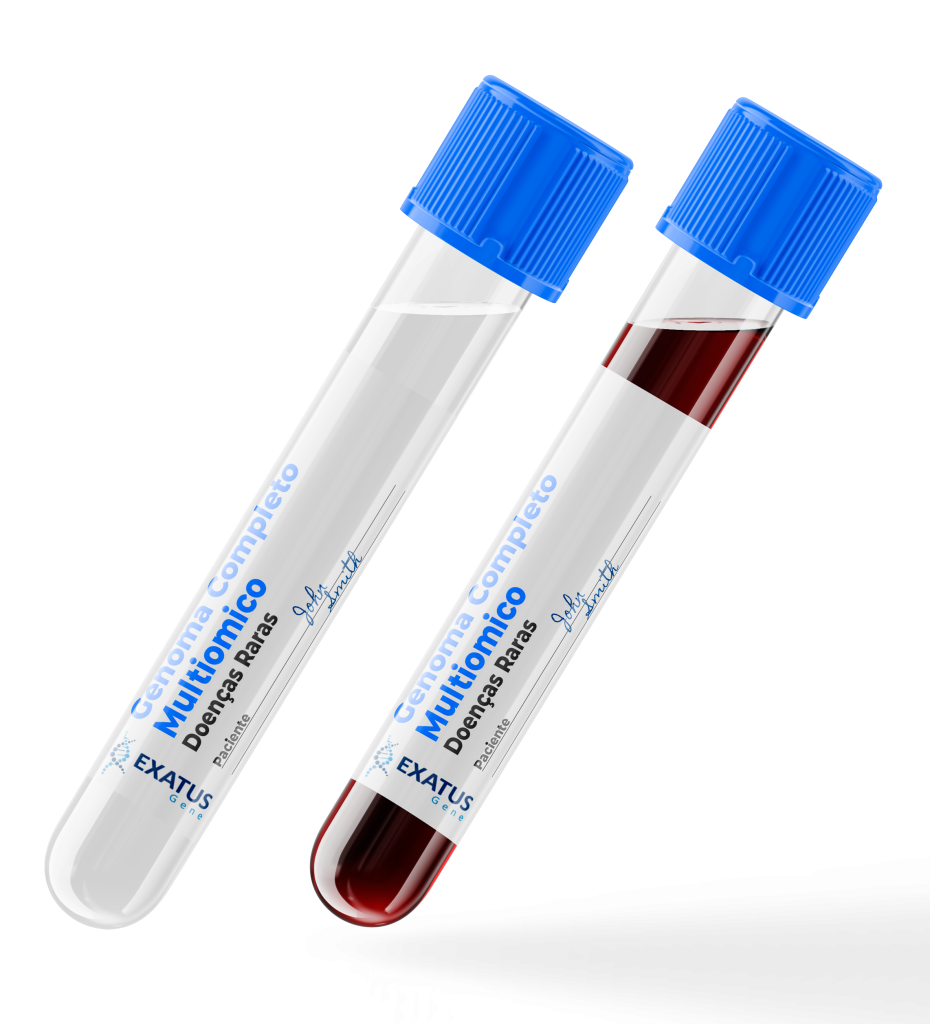
The Complete Multiomic Genome offers a comprehensive analysis of an individual’s entire DNA with enhanced detection of mitochondrial mutations and structural variation analysis not provided by conventional genome sequencing.
Studies by the Brazilian Society of Endocrinology and Metabolism show that 80% of rare diseases have a genetic origin, meaning they are inherited from biological parents.
Consider this test in the following cases:
The test sequences the entire human genome, which includes approximately 20,000 genes and about 3 billion base pairs of DNA. This covers not only the coding regions of genes (exons) but also intronic (non-coding) regions, promoter regions, and other regulatory areas, as well as structural variants (e.g., CNVs and genomic rearrangements). It also includes the complete mitochondrial genome, which contains 37 genes involved in cellular energy production, and structural variations in the nuclear genome, such as CNVs (Copy Number Variations), large deletions, duplications, translocations, and inversions.
The methodology used for this test is as follows:
Blood: No fasting required.
Saliva: 30 minutes of total fasting.
Within 30 days.
Medical request (including medical report).

Type | Description |
Technique | NGS + (SNV, INDEL, CNV) |
Accuracy | 99% |
Variant Reclassification | Daily |
Raw Data | Free – FASTQ, VCF, and BAM (request alongside the test). |

Main Office Rua Bento Gonçalves, 59, Room 802 — Centro, Marau, RS — 99150-000
Porto Alegre Office Rua Gomes Jardim, 301 , Room 918/909 — Santana, Porto Alegre, RS — 90620-130